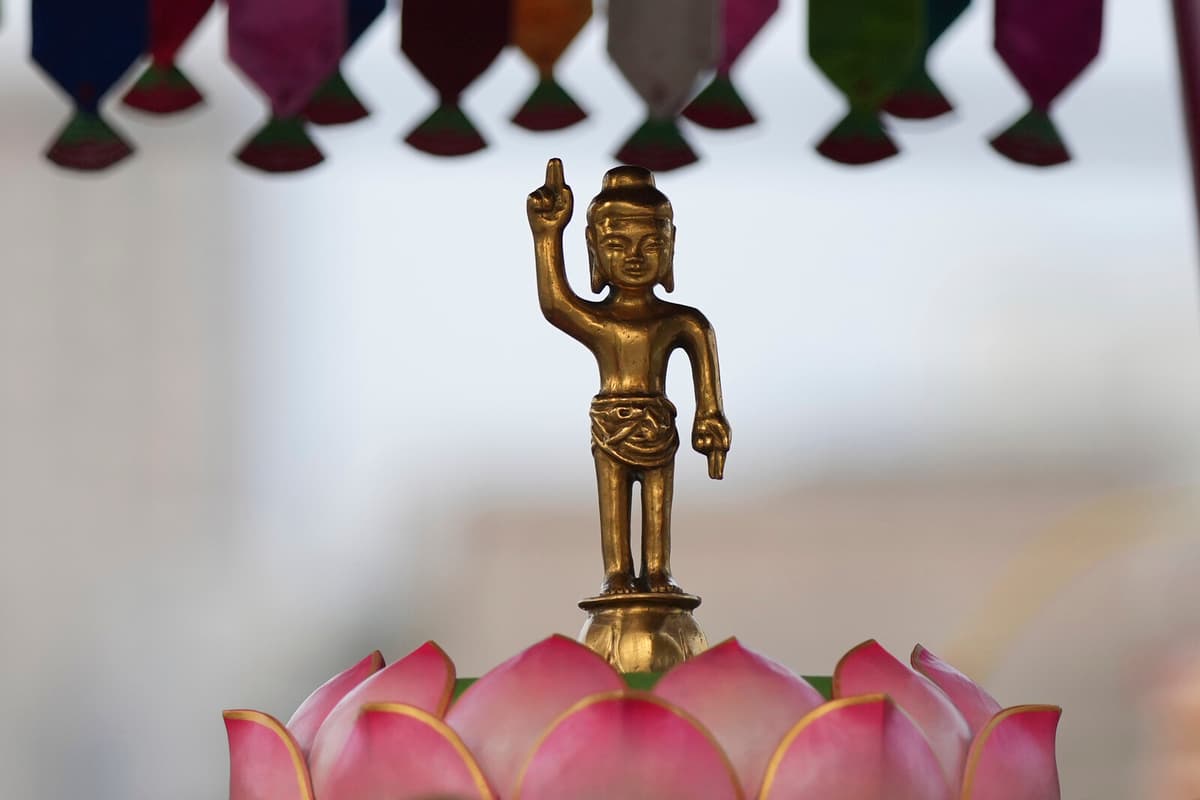The gemstone find in northern India in the late 19th century has been described as one of the most astonishing archaeological finds in modern history. Next to a heap of dusty treasures stood an urn with an inscription suggesting that it contained the remains of Buddhism's founder, Buddha.
For over a century, the gemstones have been kept out of the spotlight by a private British collector. Now they are to go under the hammer in a Sotheby's auction in Hong Kong.
However, the sale is far from uncontroversial. The treasure, excavated by a British administrator during a time when India was under British colonial rule, is intimately connected to India's past. Auctioning it off is to commit further colonial violence, some argue.
Are the relics of Buddha a commodity that can be treated as a work of art to be sold on the market? How is the seller ethically authorized to auction them off? asks Naman Ahuja in an interview with BBC.
Advertisement
The stones are expected to sell for around 9.7 million pounds, equivalent to almost 125 million Swedish kronor.
India's government has demanded that the sale be stopped, writes The Guardian. The auction violates Indian and international law, as well as UN conventions, claims India's Culture Department.
Buddhism is an originally Indian religion that has Buddha Shakyamuni (Siddhartha Gautama, often called Buddha) as one of its founders and main role models.
The central tenet of Buddhism is that one can achieve liberation from suffering (i.e., the suffering in the cycle of rebirths) by abandoning the world.
Buddhism originated in northern India over 2,000 years ago, but is now widespread throughout Asia, except for Western Asia. Smaller Buddhist communities also exist in the Western world.
The number of Buddhists in the world is difficult to estimate, but is usually stated as "hundreds of millions".
Sources: National Encyclopedia, the World Fellowship of Buddhists






